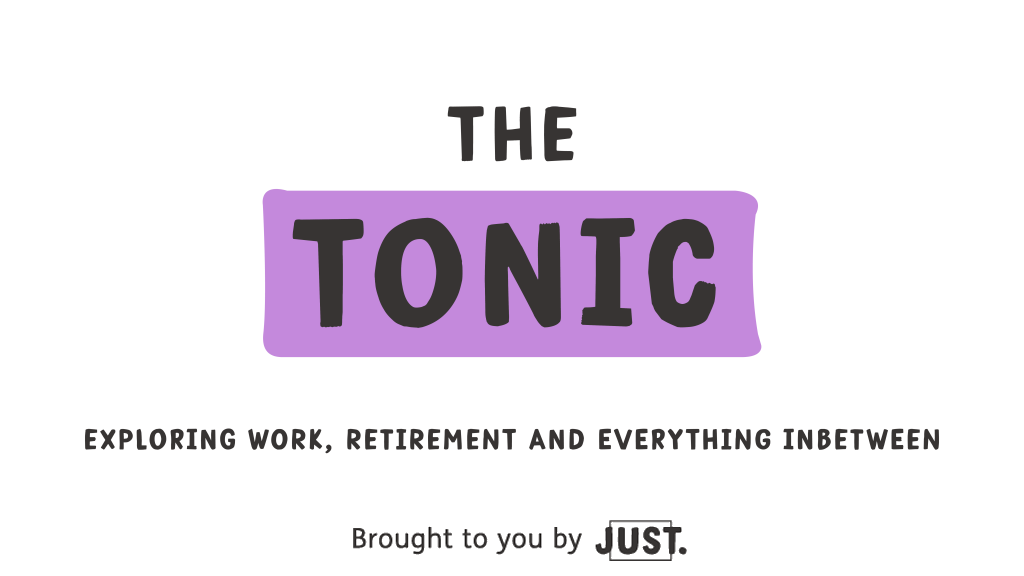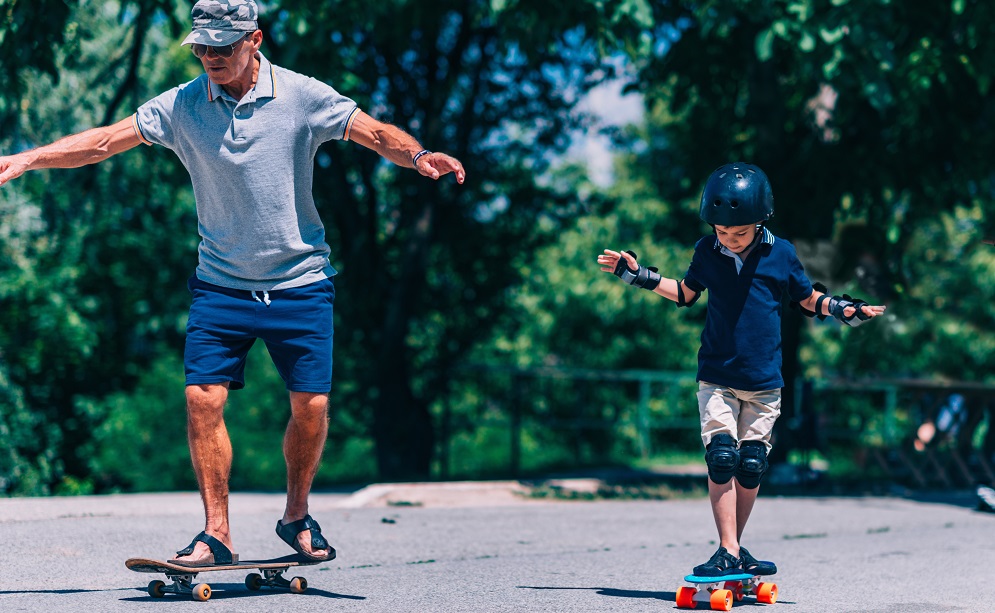Life is one long learning experience. I remember seeing an amazing guide to life on the back door of the toilet of my former wife’s parents’ house (her father was an Oxford professor) which had something about never being too old to learn, and that if you stop learning you are ‘dead’!
For some reason, at the time, it hadn’t occurred to me before that older people carried on learning, striving to learn new social and life skills. They seemed often to be in a zen-like state where they dispensed advice and expertise on all manner of subjects, sometimes raconteuring, often reminiscing. Their younger adult children would often be dismissive, sarcastic, or simply not listening.
Looking back, I can see that this was all a rather superficial way of seeing them, our older parents. They were always learning, and listening, whilst also imparting their life experiences. My ex-wife’s father went on to keep bees and make his own honey, as well as setting up a community-based chimpanzee project in the forests of Uganda, where he had to liaise with an alien culture to get things done.
He was learning so that others could learn
That was a steep learning curve in itself, and a rather adventurous thing to do. Moreover, and just very recently, he explored his German-Jewish roots, and made some startling discoveries about his deeply unsettling history and the way he viewed certain aspects of it. He then wrote a book and printed a few copies, which he dispensed to close family members. He was learning so that others could learn.
There is however, a lurking suspicion that the older one gets, the more set in our ways we become. The World Health Organisation defines life skills as, “abilities for adaptive and positive behaviour that enable individuals to deal effectively with the demands and challenges of everyday life”. And that applies to everyone, from the day they are born to the day they die. And there are social and life skills that are particularly specific to the over 50s.
Organising powers of attorney, writing wills etc
You may decide that now is the time to legally appoint one or more people to help you make decisions or to make decisions on your behalf, or you might be taking control of your older relatives’ business. In the case of dementia onset, for instance. For many this is a new experience and involves learning about legal parameters.
Becoming a grandparent, or even a great-grandparent
You’ve done your parenting, now your children’s children need your guidance too. You’ve got a vast well of life experience, and now is the time to learn how to pass that on. The support you offer as a grandparent is different from parental guidance. And your adult children may be relying on you to help with their children, so maybe you’re dealing with small ones again.
Pensions/finances
Although we all learn to manage our finances from a young age (when we learned to count, and added up the coins in our piggy banks, working out how many sweeties we could buy!), things become more critical as we get older. There may be decisions required about how to budget on a day-to-day basis with retirement funds at our disposal. Furthermore, big decisions about how to pass on our assets and to advise our children and grandchildren will almost certainly be required.
In this challenging environment where the younger generations may not have the benefits of property assets, job security, free education, final salary pensions, and savings to see them through, it is becoming increasingly more important that those who were lucky enough to be born as part of the baby boomer generation may need to help. Furthermore, the ever-changing and complex legal landscape regarding wills and finance needs to be researched and understood.
Learning to live with your limitations
As youngsters we could afford to give little thought to our physical and mental abilities. We were strong, and fit! But physical degeneration starts taking hold when we are in our 40s and 50s. It may be a very slow process, but we would be advised to learn to recognise our limitations, listen to our bodies more, and adapt our behaviour as we get older. We will often find ourselves in situations where younger, more physically able people will cajole you to do things you cannot so easily do anymore. And they often can’t easily accept that fact. So, you’ll have to learn to deal and cope with those situations.
Dealing, managing, planning, coping with illness
You may be very ill or physically disabled in older age, and modern medicine is keeping us alive longer. You’ll need to learn to reach out to get others to help you; from simple things such as boarding a train to going to the doctor’s. Caring for a partner or even our parents may be essential, and this will require a new set of skills, often emotional in nature, but also practical, too, such as managing expectations and needs.
Social media and the internet landscape
Those over the age of 50 will know very well what life was like pre-internet, pre-mobile phone, and pre-social media. And those under about 15 know nothing about life before the internet, smartphones or tablets! So it is more imperative than ever to understand, learn how to use, and how to advise younger ones in this brave new world, where stalkers and unfriendly people potentially reside just a click away.
Being able to talk the language of the internet generation is a skill worth having. Not only does it open whole new worlds (online shopping, unlimited knowledge at your fingertips etc) you can learn to win the respect of the young, and talk their language (to a degree!). Moreover, the recent UK political activities demonstrate what a social and political divide there now exists between the young and the old. It may be hard to swallow and/or understand, but the young are really leading the way forward. You need to learn from that.
Dealing with anxiety and passing on life skills as an elder
In general, the very young are looking for bondship, friends, and guidance amongst the older members of their families – and extended families – without realising it. Grandparents can provide that. And, teenagers/young adults may be experiencing growing pains, anxiety and confidence issues as they work their way through the emotional minefield of life that they can’t talk to their parents about. That is where we can be of great help.





Add comment